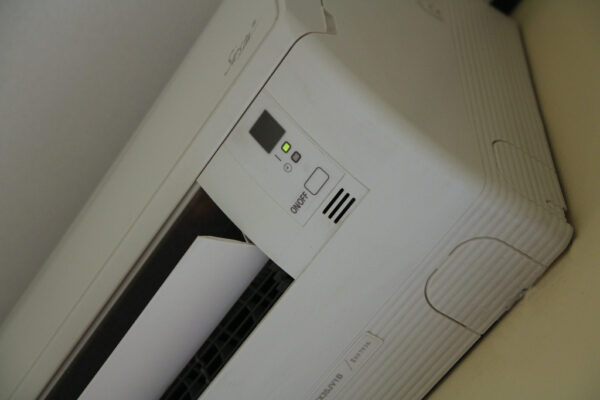The food and catering industry is one of the most exciting, fulfilling (and lucrative) ventures you can get into. The catering industry itself is quite diverse from weddings and birthday parties to conferences, lunch meetings and everything in between.
Without proper guidance, however, setting up your catering business is not a piece of cake. Yes, you may have cooked superbly for friends and family but paying customers tend to be fussier when it comes to top quality and perception.
So how exactly will your clients be blown away by your excellent menu and unmatched service?
Be Concise About Menu
First, let’s discuss about food, the most important element of this business. What type of food would you want to be known for? As a caterer, you should be able to specialise in at least one cuisine. If you can cook authentic Chinese food, consider providing options for breakfast, lunch, and dinner. If you have a flair for French cuisine, don’t let anything or anyone stop you. You should have a passion for what you’re serving.
Just because one type of food seems to be a popular choice, it does not mean that you should hop on the bandwagon as well. Know what you want and work on it. Otherwise, you’ll end up with a half-baked idea and an insipid menu.
Create Your Business Plan
One of the most important ingredients for success is to create a solid course of action. You can’t rush into a battle unprepared, especially if you are seeking someone to finance the project. Your proposal should contain the executive summary, details about your business, the organisational chart, and the sample menu.
If you’re not confident about your writing skills, hire a professional who can do the tedious task for you but work with him closely to check if all the details are correct.
Get to Work in the Kitchen
Hold your horses! I didn’t mean that you should start to cook right away. Let’s take this step by step. Assuming you have the money, have the necessary permits and ready to set up, we’ll start with the area you can’t do without and where it all happens: the kitchen. Aside from your staff, you’re going to need equipment that will let you work efficiently. You also have to keep food spoilage to a minimum. Consider the following tips:
- Ask for references. You can scour the Internet for resources on buying appliances or talk to established restaurateurs.
- Facilities should be commercial grade. You’re cooking, not just for a small group of 15, but for hundreds of people. If business is on the right track, a thousand heads would not be surprising at all. Stoves, ovens and even the shelves, should be able to meet the rising demands.
- Since you’ll be buying your ingredients in big bulks, you should make sure to keep them from spoiling easily. The area where you store those products should be safe, clean and adheres to safety standards (e.g. safe handling of the products and correct sanitising of the storage space).
- Avoid penny-pinching when it comes to important equipment. You certainly do not want to spend for cheap and substandard furnishings. Your refrigerator, for example, needs to be top-grade quality, industrial size and custom made. You can also scour listings of commercial fridges for sale and buy a commercial refrigerator that matches your budget and needs. However, keep in mind that these heavy duty units should be manufactured and installed by an established commercial refrigeration company.
As mentioned, food is the most essential aspect in this industry. Which is exactly the reason why I have to emphasize on keeping your ingredients fresh. Your customers’ bad experiences, ranging from overdone steaks to eating spoiled vegetables, can put an end to your budding enterprise. You don’t want to take that risk with less than outstanding kitchen facilities.
Conclusion
“Anyone can cook,” was the famous line in the animated movie, Ratatouille. But not everyone has the sense to turn their passion into a lucrative venture like you do. Now that you have an idea on how to start, how to ask for financial assistance and which equipment to invest in, you should be on your way to tasting the sweetness of success.
By Debra Wright
Debra Wright is a creative and innovative blogger and online marketing specialist. She uses her wordsmith skills to share her ideas, thoughts, and tips to other people about topics that fascinate her, such as Home improvement and ventilation . Follow Debra on twitter @debrawrites…

